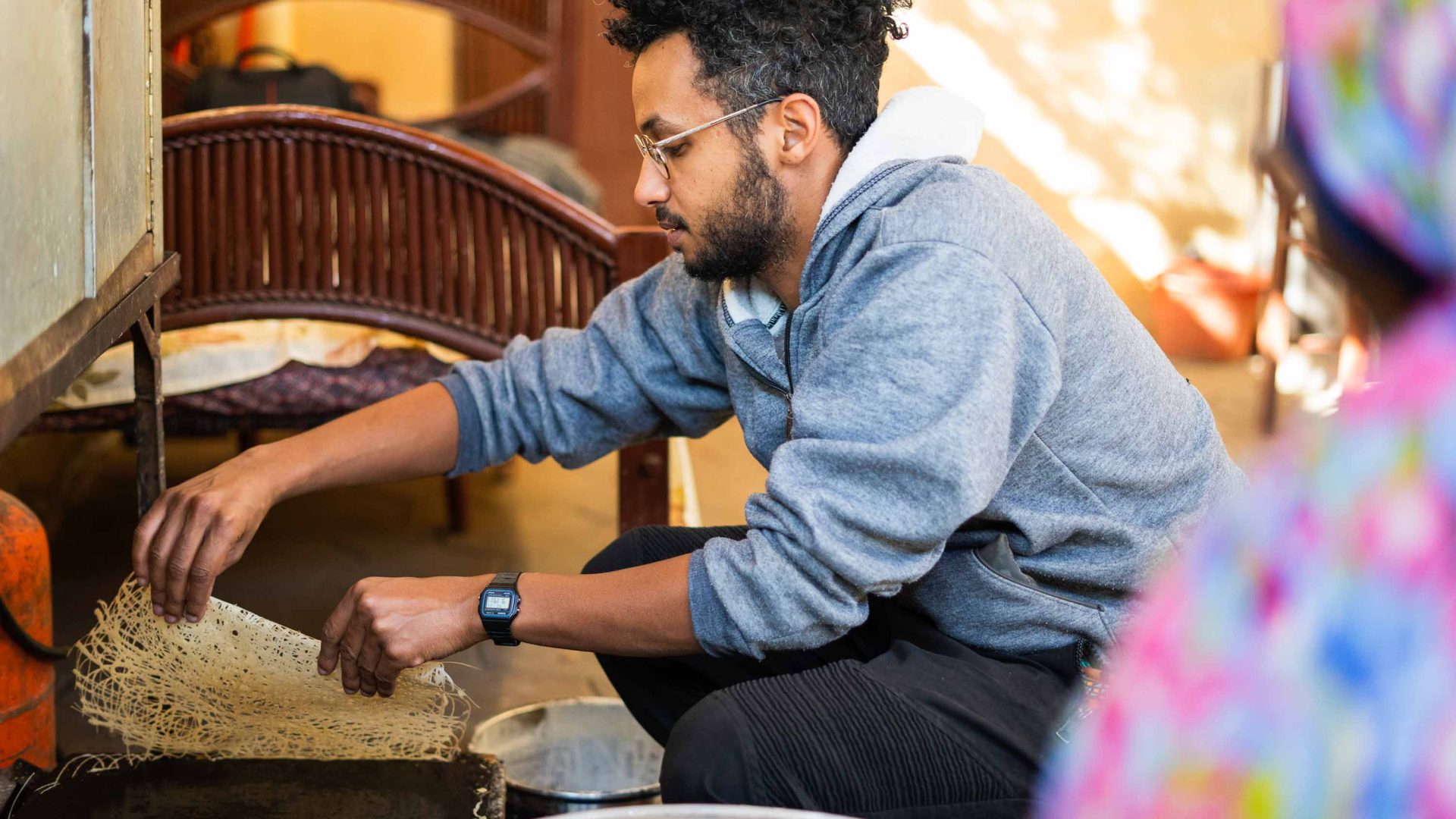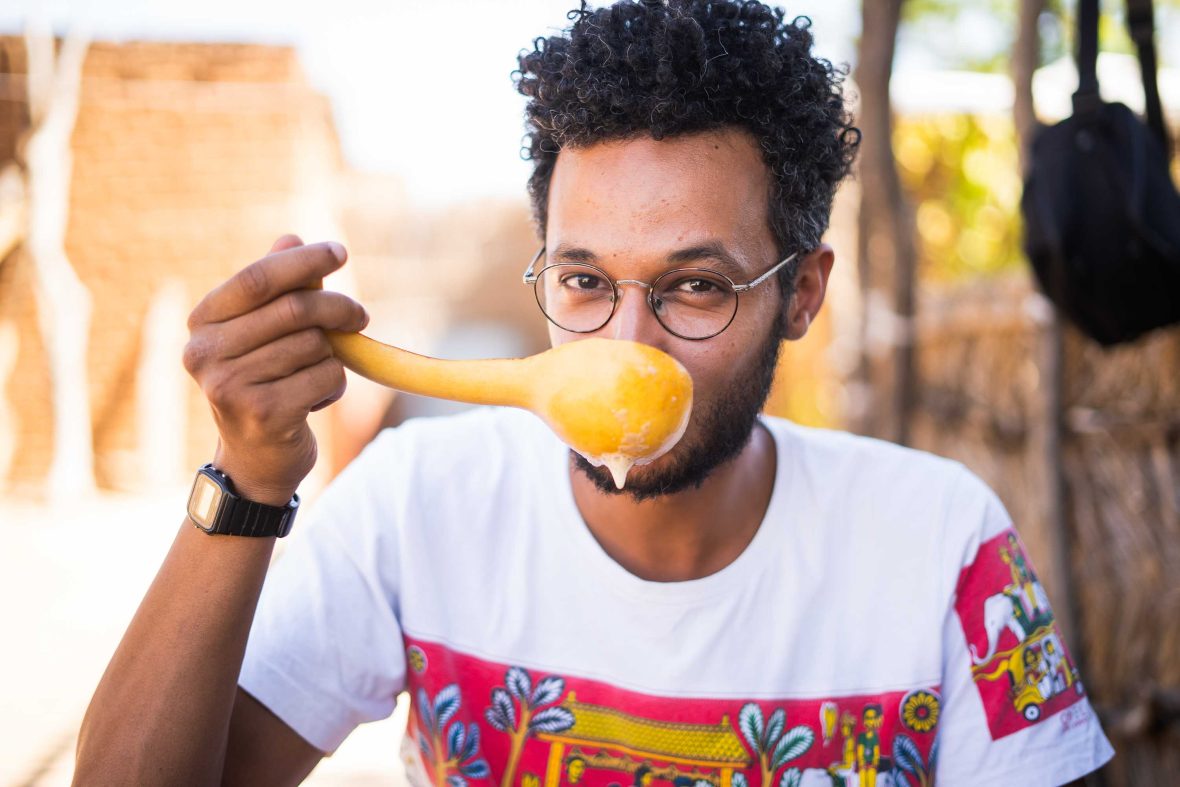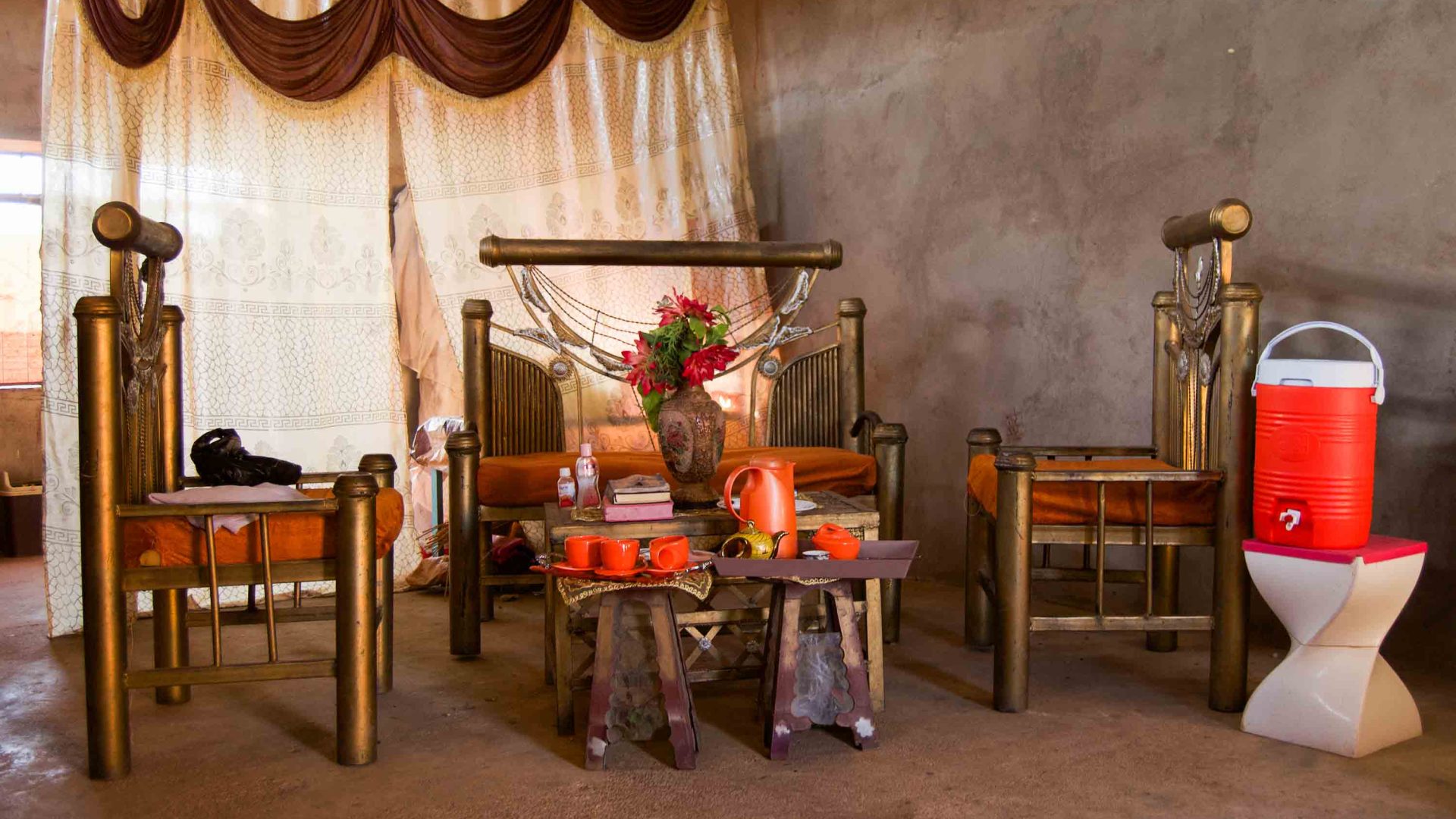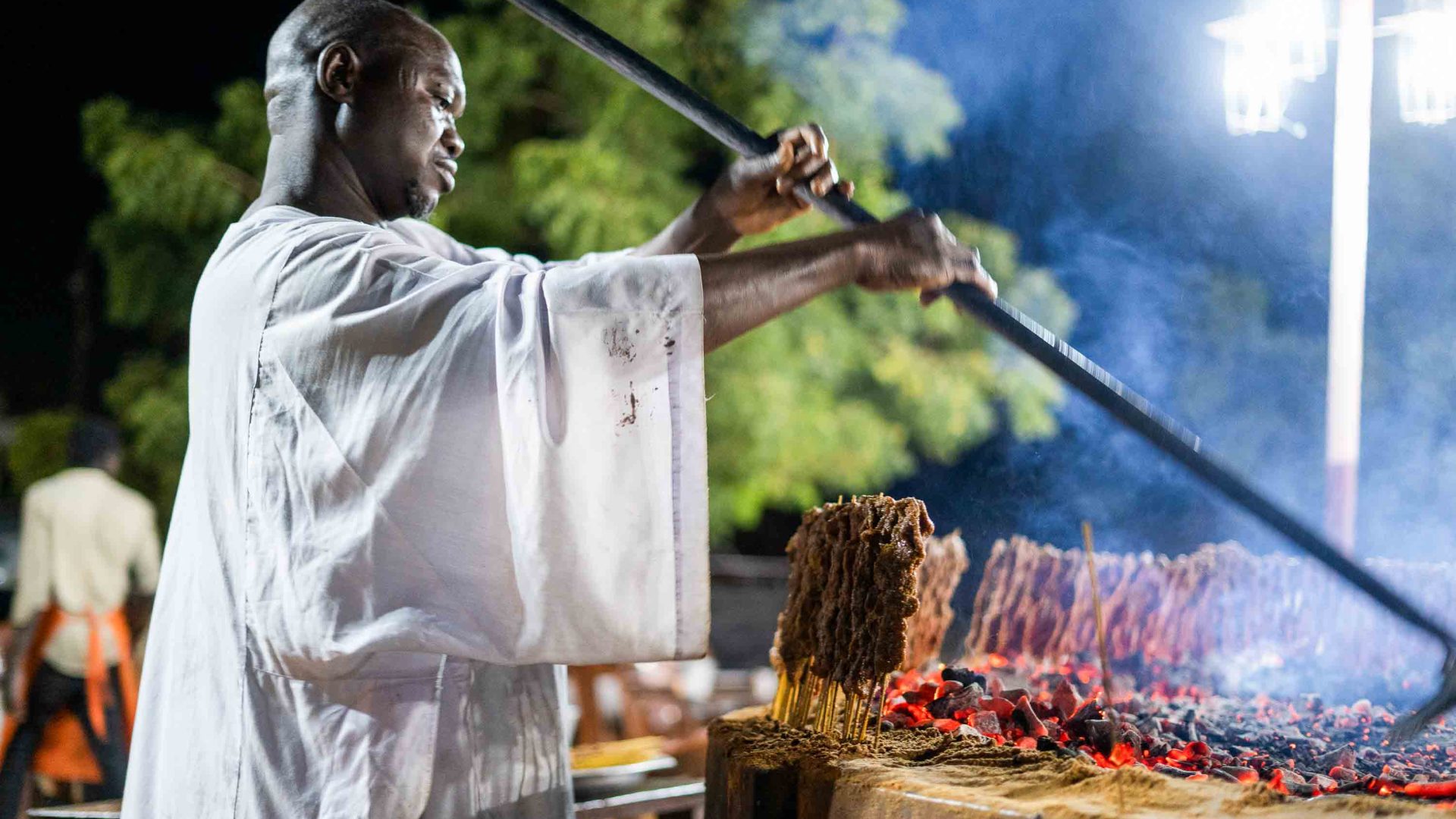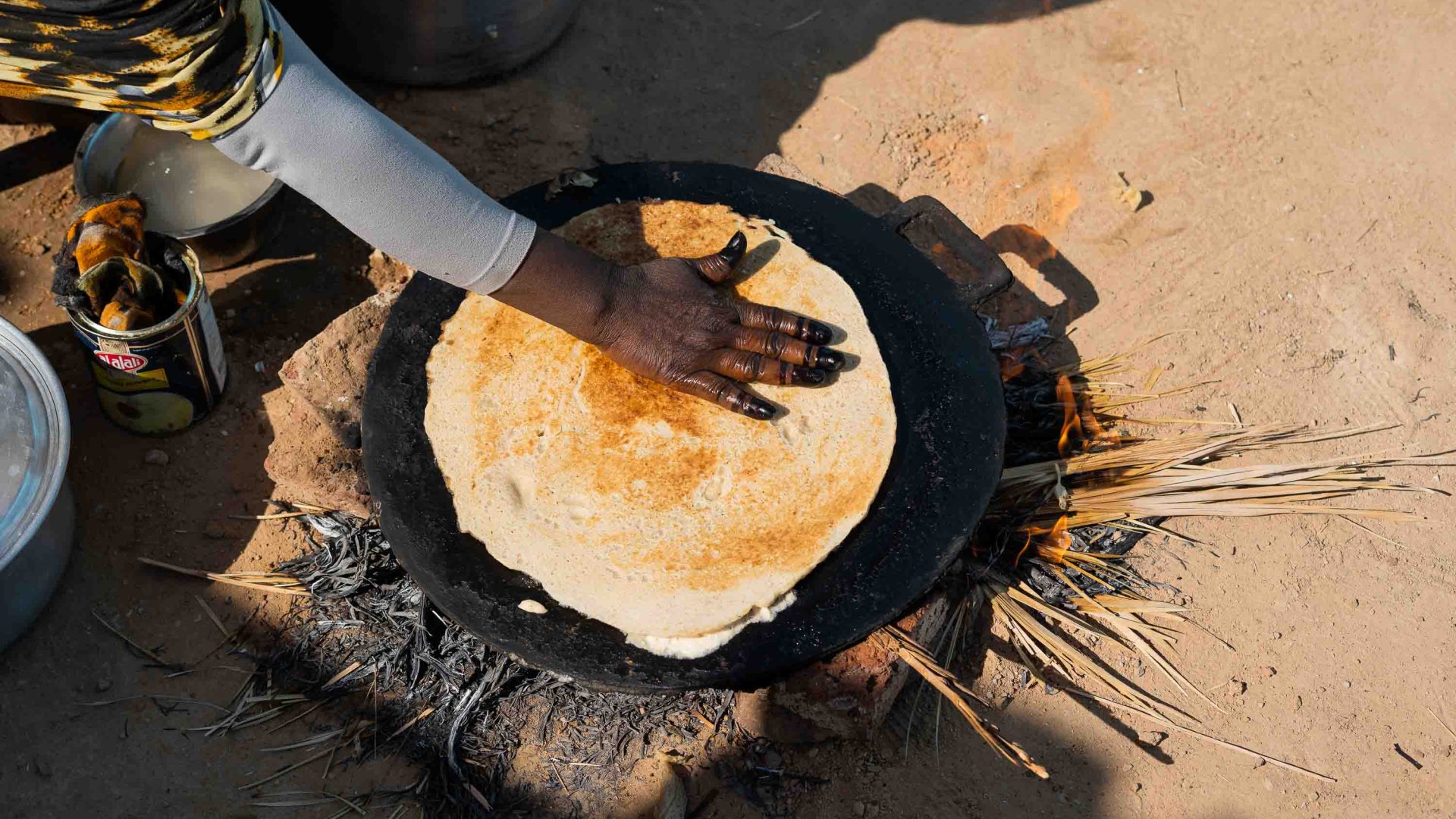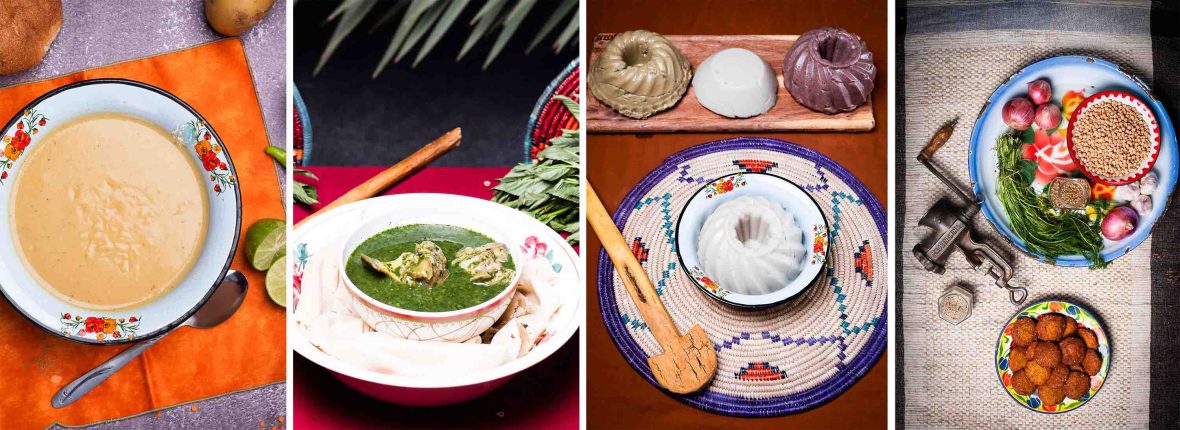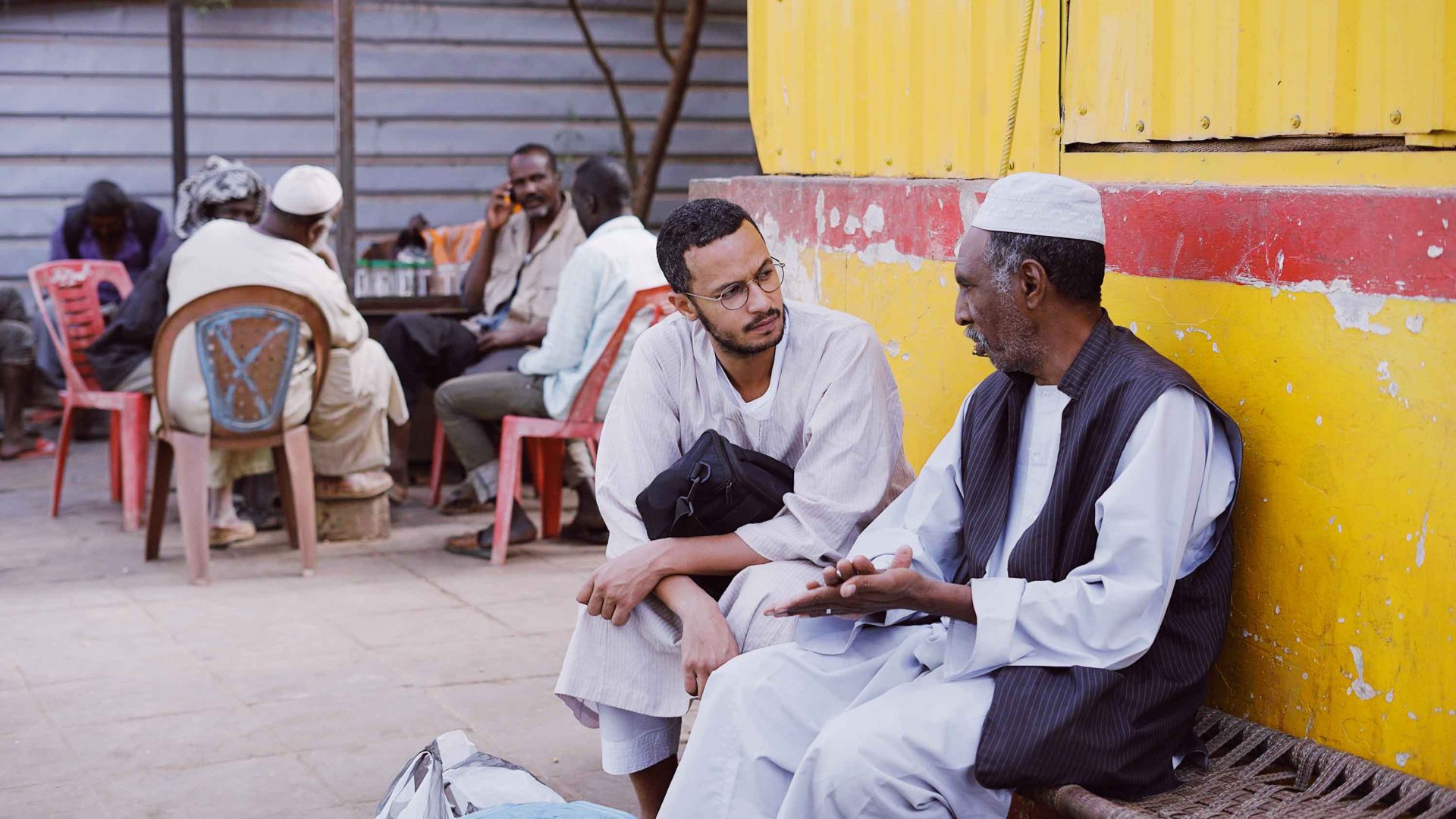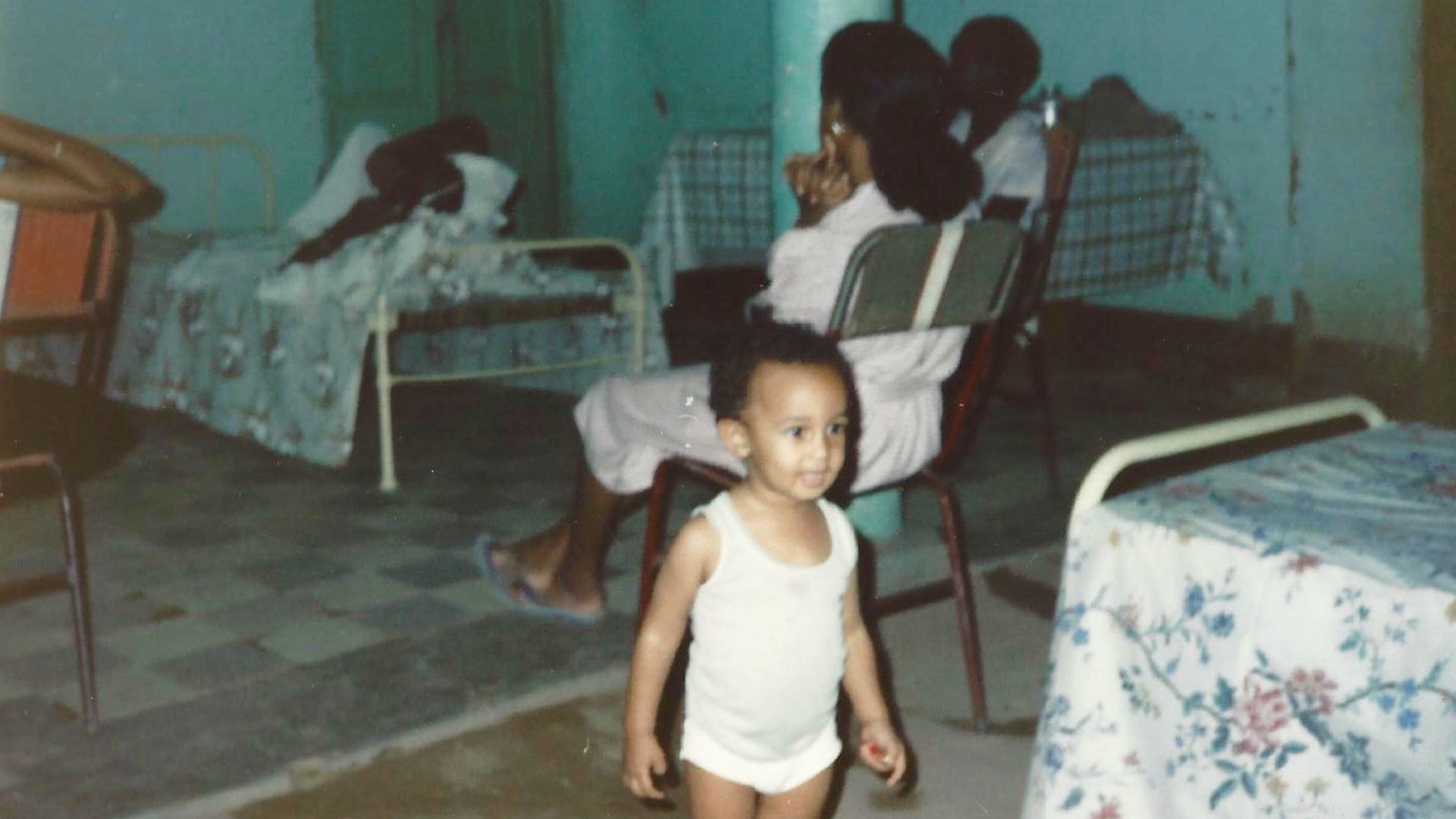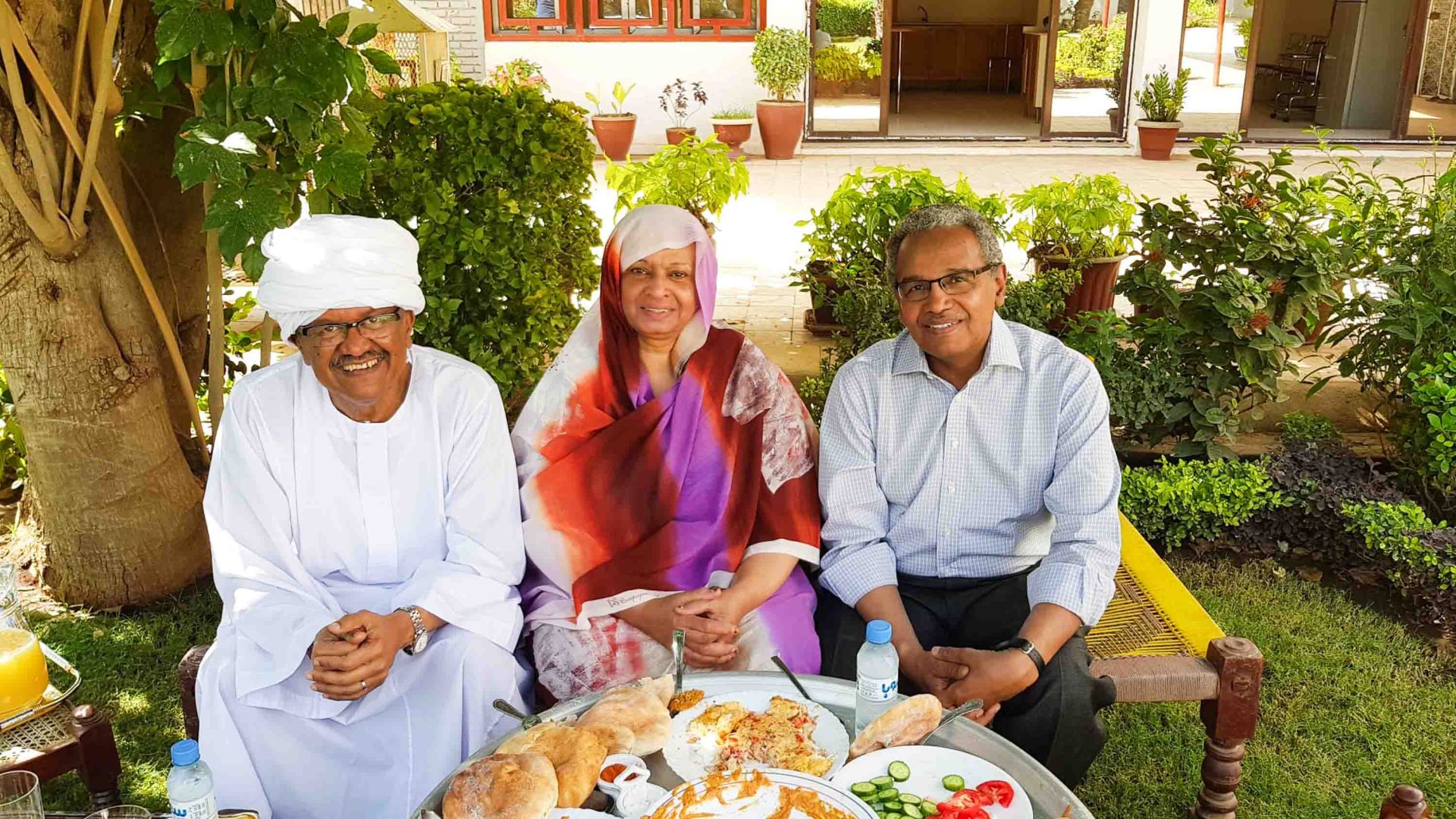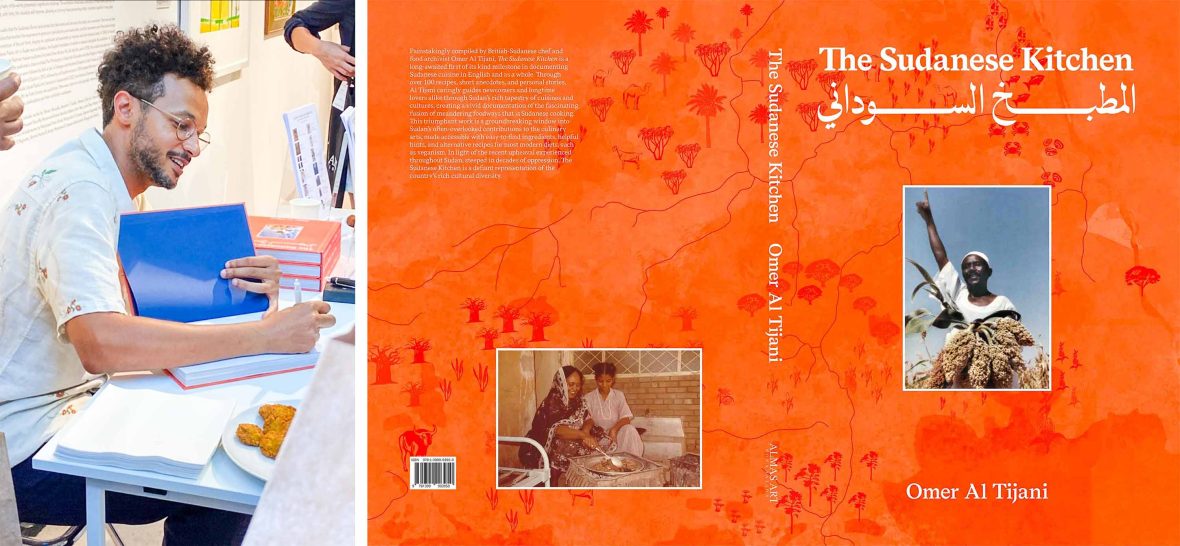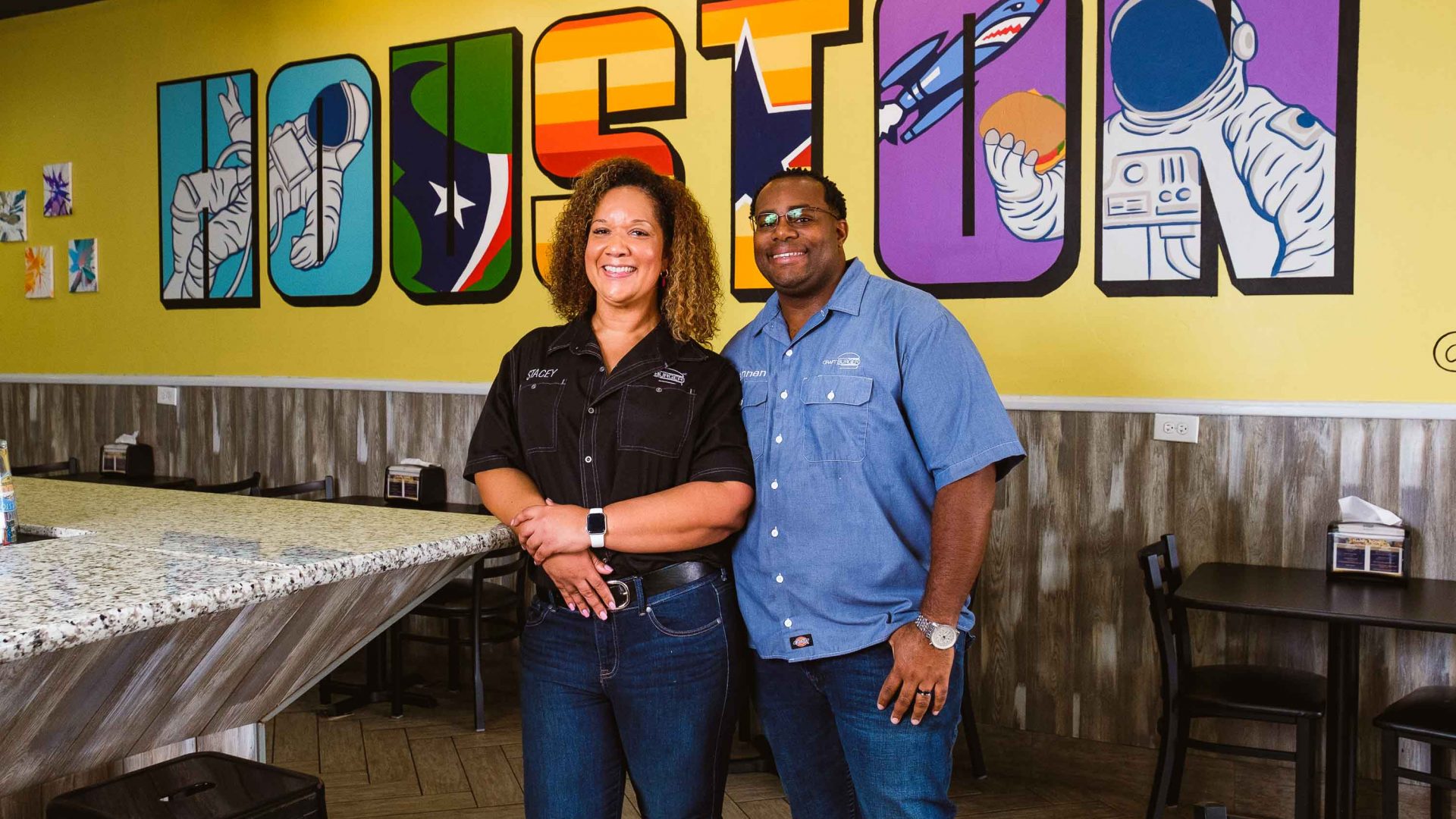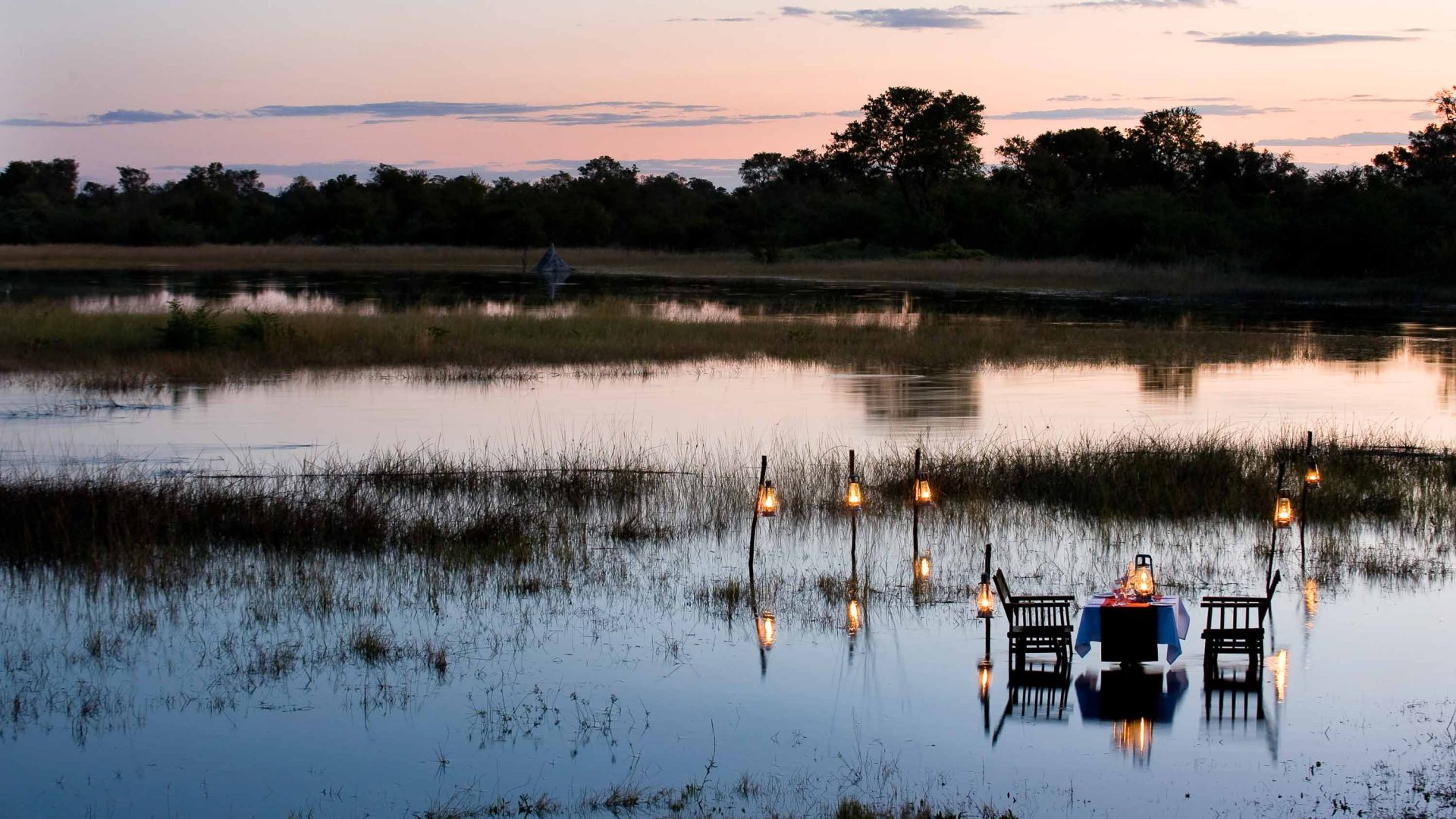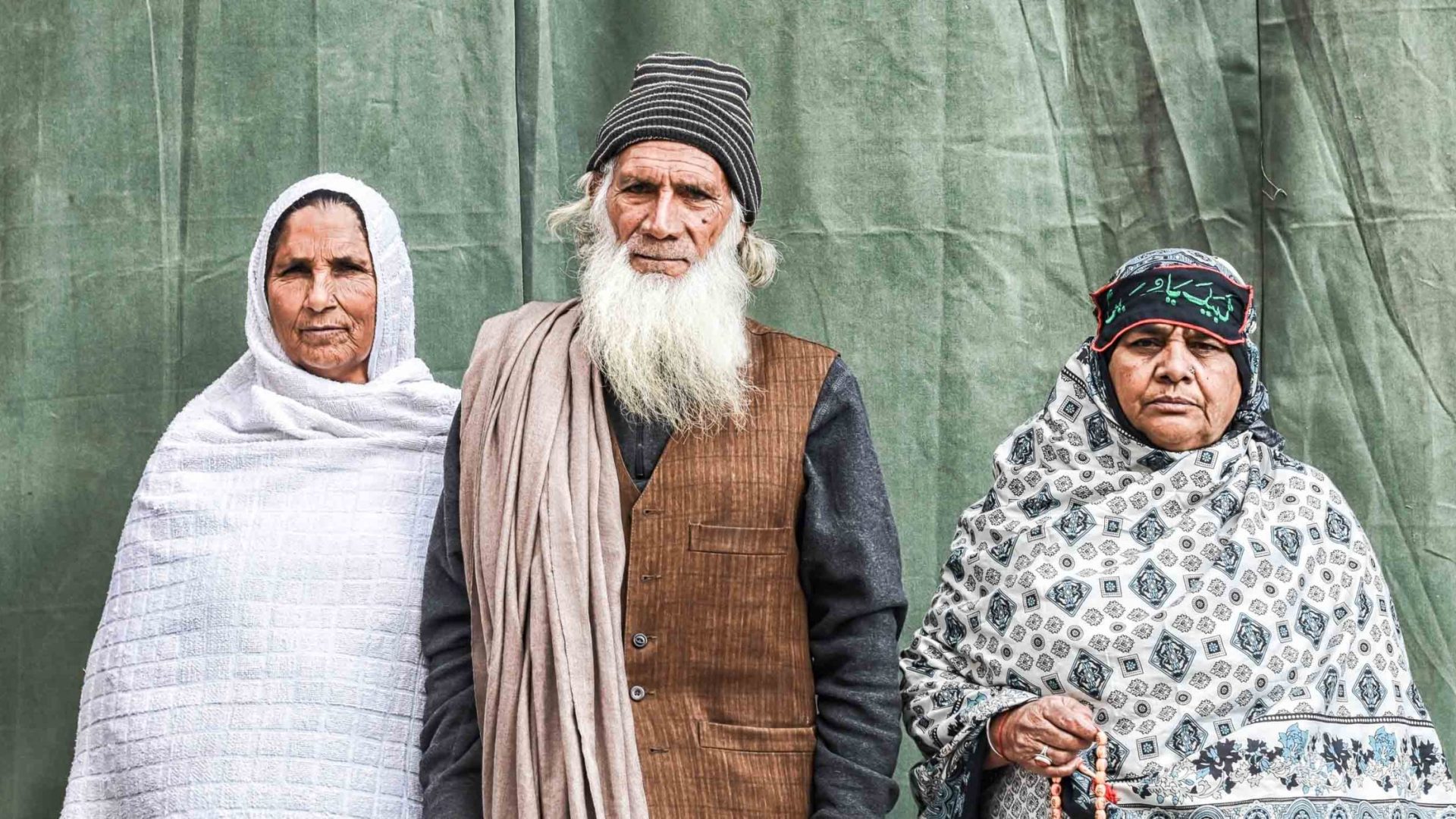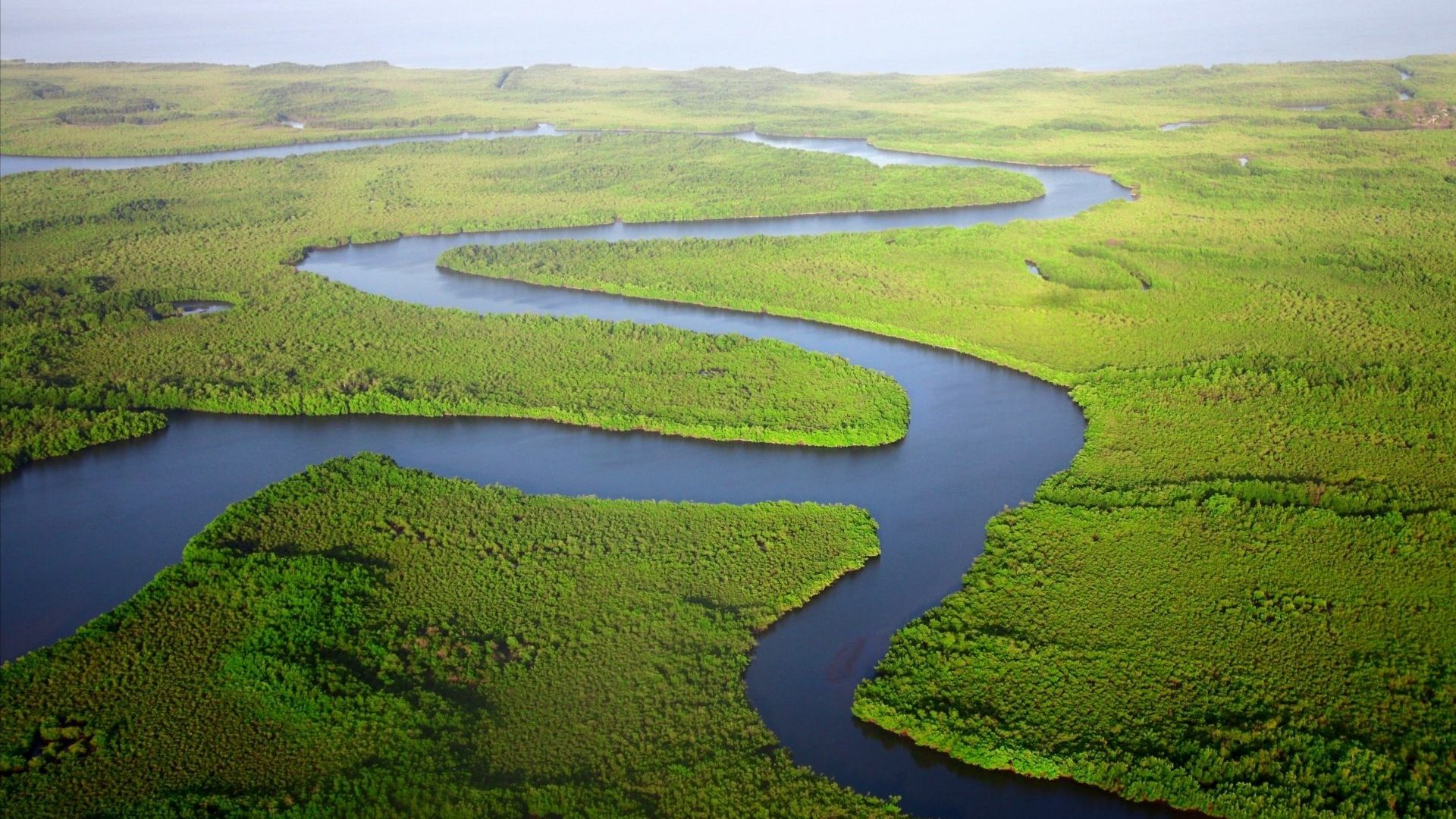Strolling up to the grand observatory at Greenwich with my old friend, chef and activist Omer Al Tijani, I clutch his newly-released 336-page book The Sudanese Kitchen to my chest. Over the years, we’ve enjoyed walks, dances, swims and meals throughout Europe; I can still remember the first time I experienced Omer’s cooking. Ta’mia—flat discs of dill-fragranced falafel—with a peanut butter salad. Sambuxa, small samosas variously stuffed with feta, potato, nigella seeds and olives. Tabeekh mulukhiya, a rich and herbaceous jute leaf stew. It was a revelation to me, a heady blend of delicious everyday dishes to the decadent, laborious, ceremonial.
As we look out across the rolling green beneath the observatory, surrounded by rows of terraced houses, estates, the River Thames, and in the distance, ‘The City’ aka London’s financial district, we wonder when humanity decided to possess so much. “Since forever—it’s ancient history,” Omer says, glancing towards the skyscrapers that house global banks and financial institutions. “Now we live in this globalized world, we’re aware of one another, but we still want to take. You see that I’m existing here—why do you have to have any interference with me? The world would be a very different place if we just left each other alone.”
Omer and I met as students at a concert in Manchester in the late Noughties. Even then, Omer was sourcing herbs, spices and other staples to master undocumented family recipes, while annual visits to the Sudanese capial of Khartoum and wider travels fostered his growing interest in languages, food history and global health. After graduating, he backpacked across Latin America before settling in London, working as a pharmacist.
During a 2018-2019 sabbatical, Omer completed a months-long expedition across his homeland, a trip crucial to his research on a book he felt compelled to complete—and as independently as possible following disheartening meetings with major publishers. And he did it. As much as The Sudanese Kitchen tells the story of food, drink and dining cultures, it also weaves in events such as Sudan’s 2019 revolution and the unrest that led to 2021’s coup. Recipes aside, it’s an evocative travel memoir from a native voice with a diasporic lens.
